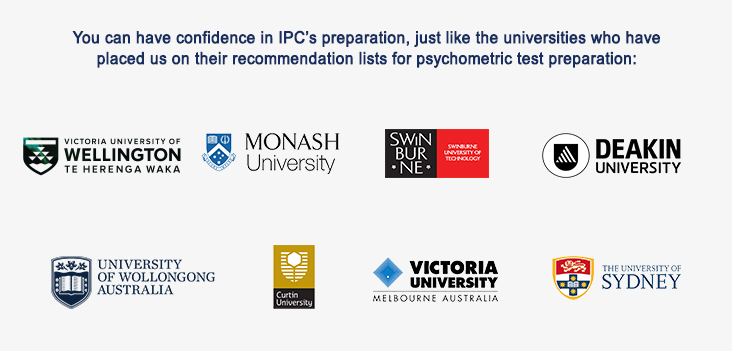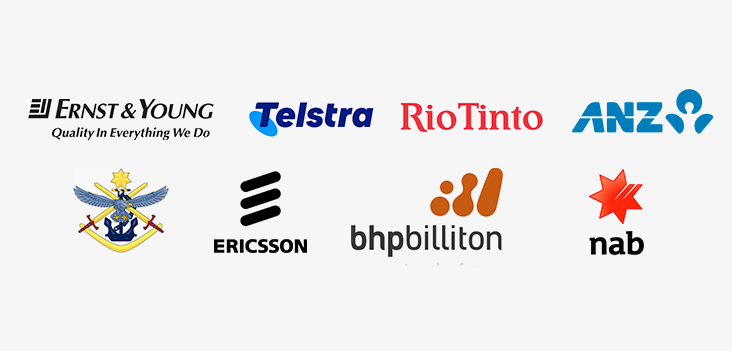How to prepare for your abstract aptitude and logical reasoning tests
The abstract aptitude test is also called the conceptual reasoning test and the inductie reaasoning test. It measures your lateral thinking, or fluid intelligence, which is your ability to quickly identify patterns, logical rules and trends in new data, integrate this information, and apply it to solve problems. It measures what most people would refer to as ‘street smarts’ and the ability to ‘think on your feet’. There are several types of abstract aptitude tests.
The most popular abstract test is called the Revan Test, where you are given a group or series of shapes that are defined by one or more logical rules. You are asked to identify the relevant logical rules and select the appropriate missing shape based on these rules.
The second type of abstract aptitude test includes two sets of shapes. Each set or series is defined by one or more logical rules. You are given a new shape and asked to decide whether it belongs to set A or set B, or neither.
A third type of abstract aptitude test includes a series of shapes that are defined by one or more logical rules. You are asked to identify the relevant logical rules and apply them to select the next shape in this series.
Click to see some abstract aptitude test questions examples.
What do employers seek to learn from your abstract aptitude test score?
The ability to quickly identify relationships, patterns and trends in organisational data – such as customers’ purchasing behaviour or market research – is crucial to your capacity to think strategically, grasp the bigger picture, and solve problems quickly. Therefore, employers typically expect you to at least have reasonable abstract reasoning capabilities.
Employers use the result of your abstract reasoning test to learn the extent to which you are:
- capable of working with partial data
- capable of handling ambiguous situations at work
- able to efficiently learning new skills
- capable of thinking strategically when faced with problems in the relevant business field
- capable of quickly analysing new information, integrating it to the overall scheme of things, and applying it to solve work-related problems.
| |









